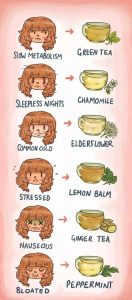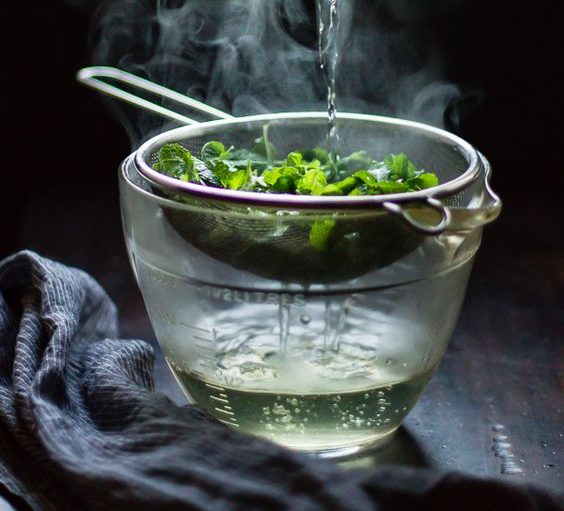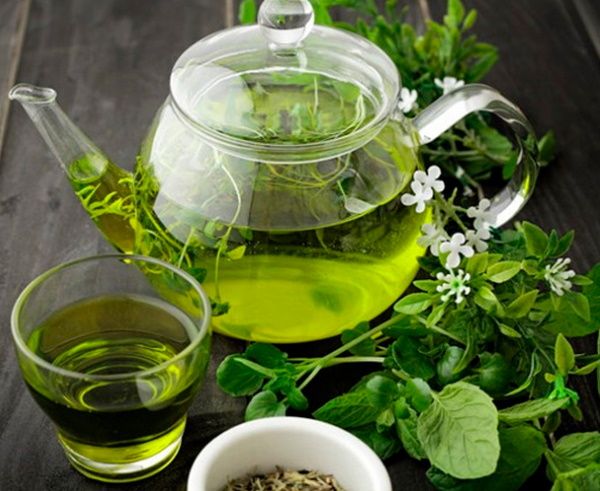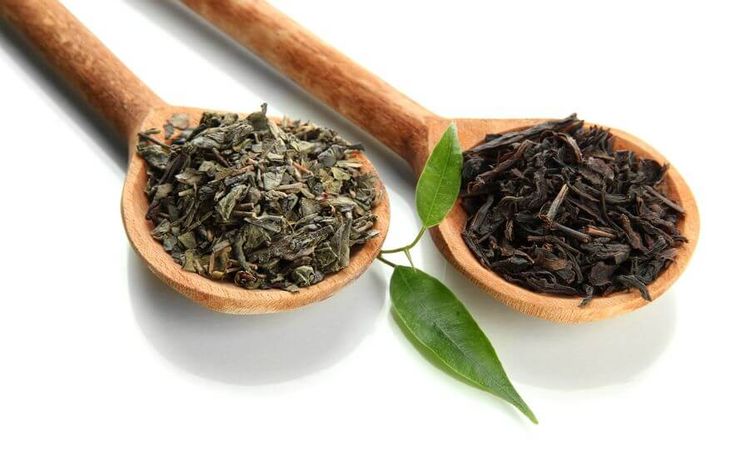When we talk about the health benefits of tea, it often seems like we’re only scratching the surface. Brands that prioritize health benefits tend to overlook the quality of the tea itself. For us, the taste and origin of the tea are always paramount considerations. However, the benefits of tea go far beyond these factors.
In today’s health-conscious world, people are paying more attention to both physical and mental well-being. Major retailers have caught on to this trend and are gradually commercializing the idea of a healthy lifestyle—from mindfulness apps and sleep-enhancing technologies to concepts like “clean eating” and juice detox.
Our preferences in food seem to have become a collective obsession, ironically not always for the better. Processed products in supermarkets boast labels like “high fiber,” low fat,” and “probiotic.” However, these heavily processed foods are laden with industrial ingredients, spices, emulsifiers, and additives, making them addictive and delicious but far from the minimally processed or unprocessed foods that constitute a healthy diet. This is another reason why we don’t emphasize the health benefits of tea excessively—participants in the food industry often use unfounded health claims to mislead consumers and boost sales.

Abundant evidence suggests that drinking tea is actually beneficial for us. Nearly every week, a new study is published on the health benefits of tea and herbal drinks. Here, we capture the essence of these findings for you.
To summarize the science, tea contains a range of bioactive substances with biological effects. These include flavonoids (or catechins) such as quercetin and EGCG—substances found in high amounts in green tea and less oxidized teas. In black tea, theaflavins and thearubigins are produced during aeration from these catechins, and they are polyphenols and potent antioxidants. But what do these seemingly complex substances mean for our health?
Healthy Heart
A 2019 evidence review found a link between tea consumption and a reduced risk of cardiovascular diseases. The various antioxidants in tea can alleviate factors contributing to cardiovascular diseases, such as oxidative stress, inflammation, anti-thrombotic effects, anti-hyperlipidemia, and anti-hypertension. While more research is needed to establish a causal relationship, current evidence suggests the conclusions are compelling.
Through molecular engineering, tea also has the potential to become a cardiovascular drug and a key player in life-saving. A recent study from the University of California indicated that compounds in green and black tea relax blood vessels by activating ion channel proteins in the vessel wall. This discovery helps explain the anti-hypertensive properties of tea and could lead to the design of new antihypertensive drugs. Similarly, researchers at Lancaster University found that EGCG compounds (highest in green tea) could help break down dangerous plaques in blood vessels. While our bodies are already adept at breaking down these compounds, a slight molecular modification could pave the way for new drugs to treat heart disease and stroke.
Benefits for Mood, Mental Health, and Brain Function:
For centuries, people have associated drinking tea with a sense of pleasure. Interestingly, this “feel-good” factor has scientific basis. Studies show that drinking theanine, an amino acid present in both black and green tea (especially in matcha), significantly reduces stress without affecting brain function.
Researchers found that the combination of theanine and caffeine has positive effects on sustained attention, memory, and inhibiting attention distraction. It can also achieve a relaxing effect by tempering the excitement of caffeine. Another study found that drinking green tea can reduce anxiety and be beneficial for memory, attention, and brain function.
Regular tea consumption can also alleviate dementia levels and reduce the risk of depression, especially in the elderly. While more research is needed, studies indicate that a lifetime of tea drinking is indeed beneficial for your mind, body, and soul.

Boosting the Immune System
Preliminary evidence suggests that bioactive compounds in tea, such as catechins and theanine, can promote immune health by reducing viral replication. Studies indicate that tea polyphenol derivatives in black tea and catechin derivatives in green tea can inhibit the entry of HIV into cells (although not necessarily through tea consumption). Other research suggests that catechins in green tea (especially EGCG) can help prevent influenza or coronavirus infections. A study even suggests that green tea may be a key player in reducing antibiotic resistance.
Weight Control and Maintenance
A 2008 study showed that participants who drank green tea lost 3.3 kg more weight than non-tea drinkers over 12 weeks. In subsequent years, two Dutch researchers compared a mixture of catechins and caffeine (green and black tea) with a mixture containing only caffeine and found that the catechin-caffeine combination more effectively broke down fat compared to the placebo and caffeine-only mixtures. They also found that individuals consuming green tea catechins (such as EGCG) lost 1.3 kg and were likely to maintain that status.
In recent research on the Mediterranean diet, daily consumption of 3-4 cups of green tea was found to assist in fat reduction.
Benefits for Bone and Gut Health
A study found that drinking tea can increase bone density, and another study suggested that drinking 1-4 cups of tea per day can reduce the risk of hip fractures. Coffee did not show a clear association. As a rich source of polyphenols, tea can also play a role as a probiotic—diets rich in polyphenols can increase healthy bacteria levels.
While more research is needed, it is evident that drinking tea has many important benefits for both physical and mental health. Choose the highest quality tea if affordable; it not only tastes great but also enhances your overall well-being.
Appropriate Equipment
Using filtered water enhances the flavor of tea, and selecting the right water system can optimize the results. The Marco MIX hot water boiler and Marco FRIIA, both providing filtered hot, cold, and sparkling water, are ideal for brewing hot or cold tea and coffee and making tea-based cocktails.
From a household perspective, try using filtered water; it can have unexpected effects on the taste of your tea.
Read more benefits:Green Tea: Unlocking a World of Health Benefits – Guide Food&Health (chem-info.com)



